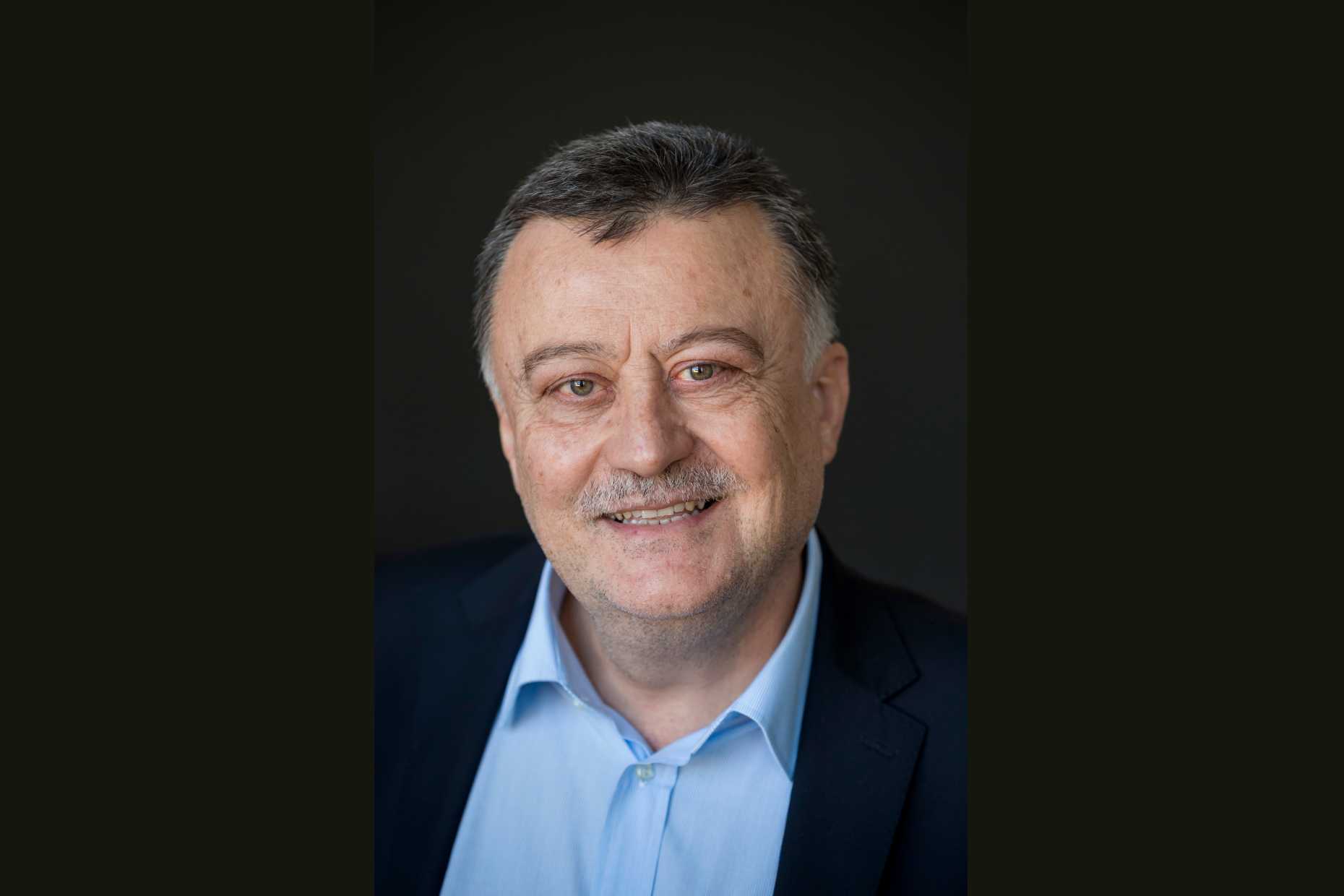Konstantinos Boulouchos: "The topic of e-fuels is relevant to everyone interested in the future of our energy systems and stopping climate change."
- Alumni Portraits
- AMIV Alumni
Konstantinos Boulouchos received a doctorate from ETH Zurich and since 2002 has worked as a professor at the Institute of Energy Technology in the Department of Mechanical and Process Engineering. He spoke to us about the conflicts between environmental sustainability, security of energy supplies and economic viability.

When you were a kid, what did you want to be?
A marine or aviation engineer
You studied mechanical engineering in Athens and received a doctorate from ETH in thermodynamics and combustion engines. Why did you decide to study at ETH?
The quality of research and teaching coupled with the high regard some of my professors at the National Technical University in Athens held for ETH Zurich. Some of them had also received their doctorates here and had been given the nickname "The Zurich Mafia".
Recently, you have been working on developing the best strategies for a global and national energy system shaped by sustainability. What are the main features of this?
It’s important that we improve efficiency in all stages of energy conversion (buildings, industry, transport), that we quickly move to defossilise the generation of electricity and take a coordinated approach to building a storage and distribution infrastructure, not just for direct but also indirect electrification (using synthetic renewable fuels) for virtually all energy sectors.
In an interview three years ago, you said that we need to ensure security of energy supplies while retaining our economic viability. Have any advances been made in this respect over the last three years?
We have here a "golden triangle" comprising firstly the biggest challenge of environmental sustainability, including stopping climate change, secondly security of energy supplies for the whole country but also thirdly economic viability in the sense of both retaining the competitiveness of our national economy but also in providing fair access to all key energy service providers. This will be the job of at least one if not two generations so three years is far too short a period to see any success. But I would like to say that both the speed of change and the awareness of the need for overall optimisation still have a very long way to go.
On 7 April 2020, you will be giving a presentation on "Decarbonising mobility – how can e-fuels help find a solution?". What will you be speaking about?
I’ll be explaining how only chemical energy sources, like hydrogen or synthetic hydrocarbons, made from low-CO2 primary energy, are suitable for the seasonal storage of renewable electricity or for long-distance transport, such as international shipping and aviation, freight haulage and many industrial processes. I will describe manufacturing methods and potential applications.
Who do you think should attend the Focus Event?
The topic of e-fuels is relevant to everyone interested in the future of our energy systems and stopping climate change. It is however also closely linked to national prosperity.